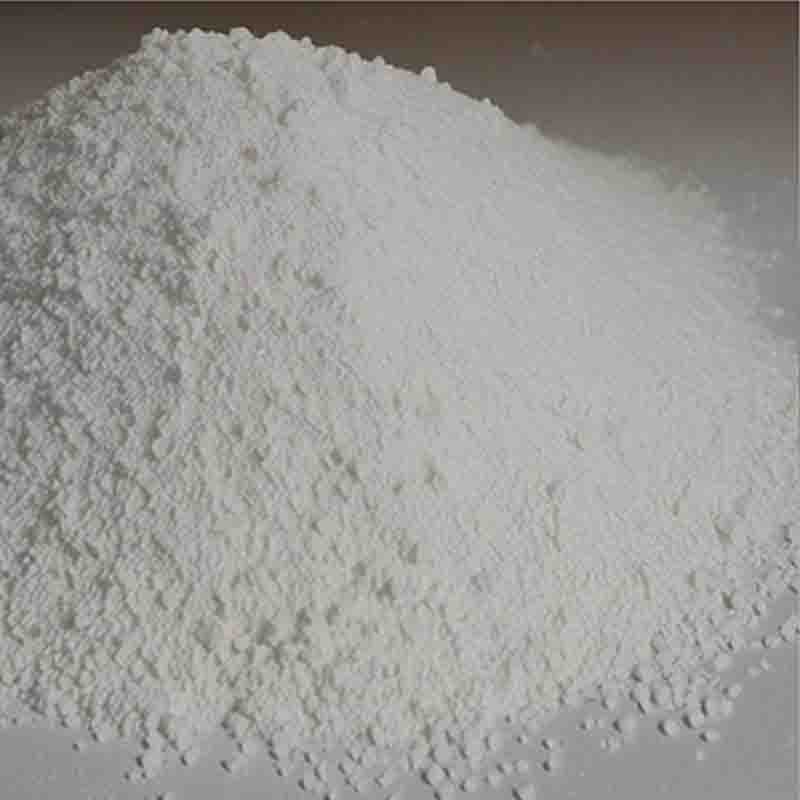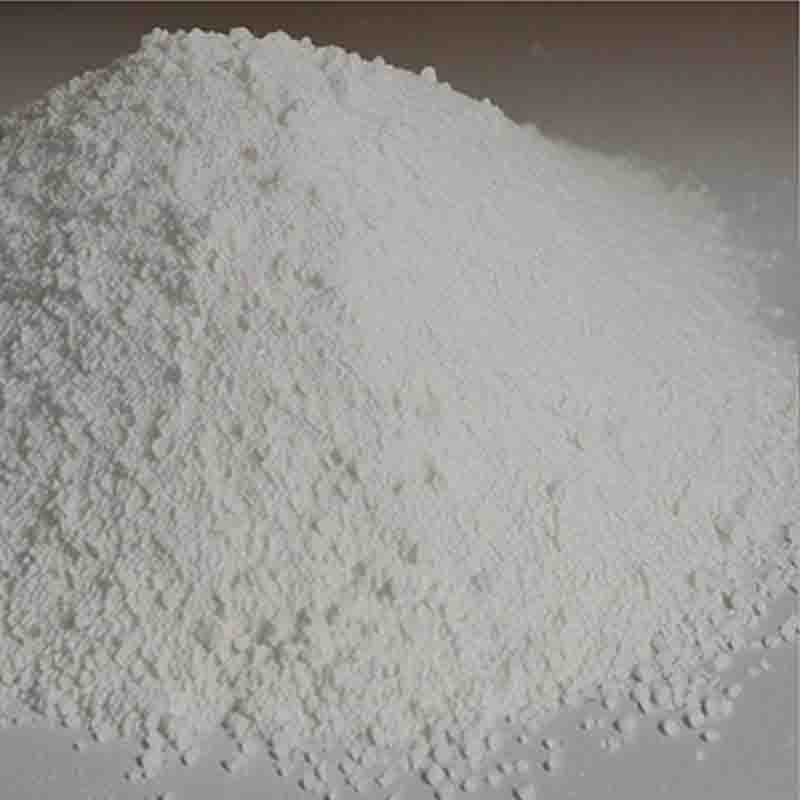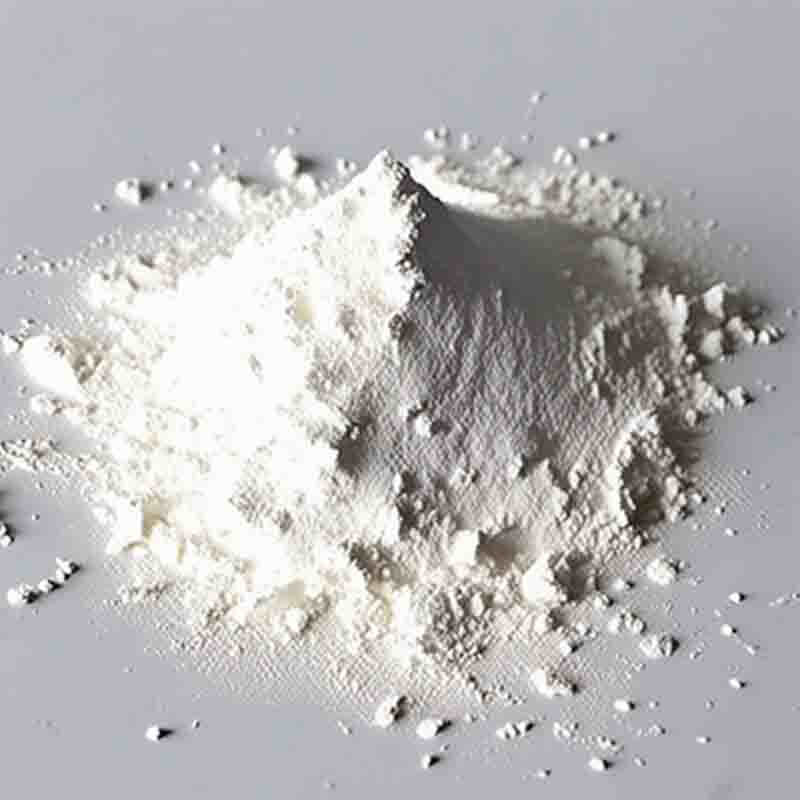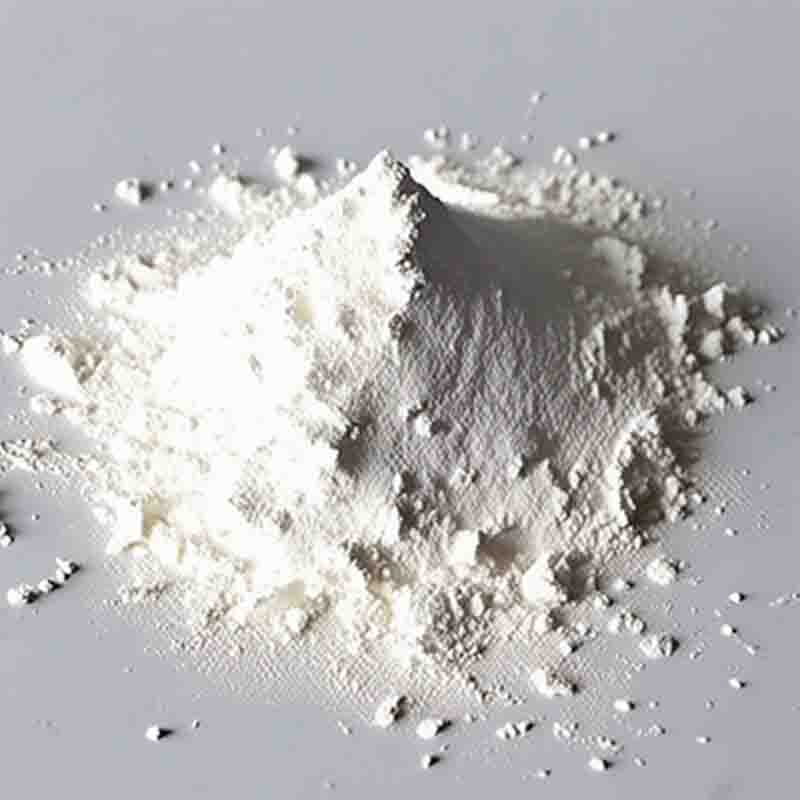Oxindole CAS:59-48-3
| Catalog Number | XD95484 |
| Product Name | Oxindole |
| CAS | 59-48-3 |
| Molecular Formula | C8H7NO |
| Molecular Weight | 133.15 |
| Storage Details | Ambient |
Product Specification
| Appearance | White powder |
| Assay | 99% min |
Oxindole is a naturally occurring compound that belongs to the indole family. It has gained attention in various scientific studies due to its potential biological activities and therapeutic effects. In this 300-word explanation, we will discuss the effects and potential benefits of oxindole.One of the primary effects of oxindole is its neuroprotective properties. Oxindole derivatives have been shown to exhibit antioxidant and anti-inflammatory activities, which can help protect against neurodegenerative diseases such as Alzheimer's and Parkinson's. They may help reduce oxidative stress and inflammation in the brain, preserving neuronal function and promoting cognitive health.In addition to its neuroprotective effects, oxindole has also been studied for its anti-cancer properties. Researchers have found that certain oxindole derivatives exhibit selective cytotoxicity against cancer cells, inhibiting their growth and inducing apoptosis (programmed cell death). These findings suggest that oxindole compounds have the potential to be developed as anti-cancer agents.Furthermore, oxindole has shown promise in the field of cardiovascular health. Studies have found that oxindole derivatives possess vasodilatory effects, helping to relax blood vessels and improve blood circulation. This may have potential applications in the treatment of hypertension and other cardiovascular conditions.Another interesting effect of oxindole is its role in the regulation of immune function. Some studies have demonstrated that oxindole derivatives can modulate immune responses, stimulating the production of certain immune cells and promoting immune surveillance. This suggests that oxindole compounds may have potential applications in immunotherapy and the treatment of immune-related disorders.Oxindole has also demonstrated antimicrobial activity against various pathogens. It has been shown to inhibit the growth of bacteria, fungi, and viruses. This antimicrobial effect makes oxindole compounds potentially useful in the development of new antimicrobial agents or as components of antimicrobial formulations.In summary, oxindole offers a range of effects and potential benefits in various fields of health and medicine. Its neuroprotective, anti-cancer, cardiovascular, immune-modulating, and antimicrobial properties make it a promising compound for further research and development. However, it is important to note that the effects and safety of oxindole derivatives may vary depending on the specific compound and dosage used. Further studies are needed to fully understand and harness the potential benefits of oxindole in different therapeutic applications.






![S-(+)-Methyl-(2-chlorophenyl)[(2-(2-thienyl)amino] acetate hydrochloride CAS: 141109-19-5](https://cdn.globalso.com/xdbiochems/白色粉末1025.jpg)


![4-[[(4-Fluorophenyl)imino]methyl]-phenol CAS: 3382-63-6](https://cdn.globalso.com/xdbiochems/白色粉末2302.jpg)